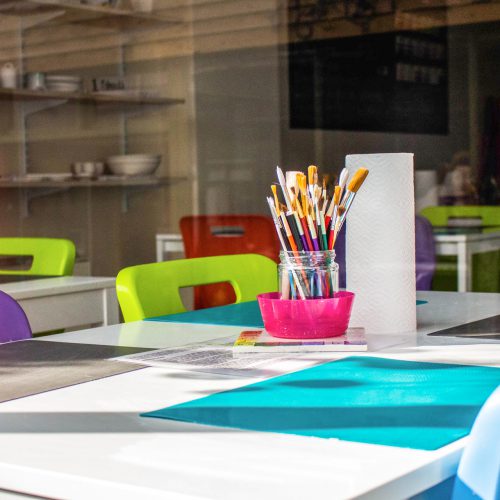Choosing the right secondary school is daunting enough, so if your child finds learning difficult, then extra care needs to be taken to make sure a prospective school will meet their needs and maximise their achievement.
Preparing for secondary school and beyond starts when your child is born. Studies have shown that a child’s most crucial learning period is from two to twelve years! So investing your time in the early childhood learning period is irreplaceable. Reading stories together, cooking, sharing, observing and engaging with your toddler are all crucial pre-requisites for future learning success. Finding a Kindergarten and primary school that ensures the whole child is developed through appropriate activities and learning opportunities will help set the foundation.
Saving your investment for secondary schooling is rather like putting expensive curtains in a house with no foundation. As with a house; the hidden foundations are the most important part of your child’s education. No matter how beautiful the wall-covering, curtains, or furnishings are -If the foundations are flawed, the walls will crack and the building will fall down.
How to know if your child may have learning difficulties.
You, or your child’s current teachers may have raised concerns about their progress in class. Work with the school to understand why your child is not achieving. It is important to understand that your child does not want to be in trouble, or fail, and it is very unlikely they are being ‘lazy’, and just need to work harder. If they are struggling in school, there is usually a reason for it, which generally is not due to a lack of effort.
It may be that your child has a developmental delay, low potential, or a learning disorder. It is important to understand why they are struggling because this will drive your decision-making. If your child is not responding to intervention, and the school are not able to explain where the breakdown in learning is taking place, then it may be necessary to consider an assessment to explore their learning profile, as well as the maturation and efficiency of their processing and sensory systems. These all work together to enable your child to problem solve and grasp novel ideas as well as communicate and show their thinking.
Be observant and don’t stick your head in the sand. If your child is struggling and the rest of the class are not, then the teacher is doing something right and the problem may be with your child.
Be proactive,work with the school, and voice your concerns.
Understanding your child’s learning profile
Having a clear and realistic understanding of where their strengths and challenges lie can help you decide which system would suit your child best and what specific support needs to be in place. If you get the match right, your child can thrive and excel. Be observant as you visit the school.
Ask the school about:
Their learning support department.
What is the staff student ratio?
Do they follow an inclusion or withdrawal model or a combination of both?
What support will they get in exams and assignments?
What nonacademic course options are available?
Will they have time for music/sport/drama?
Will they find something in their school day that they can excel at?
Education system
Carefully consider which system would meet your child’s needs, and make sure you
are being realistic.
Often, with children who find learning difficult, or have a learning disorder, one needs to think outside the box to ensure success.
The British system is very different to say the American, or Australian systems or the International Baccalaureate. Make sure you have considered and understood the expectations of each of the options available to you, and match them to your child’s needs.
Explore the options available for those who struggle with learning, for example, the BTEC or the IBCP are two options designed to mitigate the expectation of high academic excellence and the dependence on exams, while ensuring that students experience success and practical learning skills.
Is an academic environment the right place for them to be, or is it worth considering colleges of higher education, or apprenticeships, which enable them to learn in a practical setting?
As you choose your child’s secondary school, make sure you are focusing on their strengths and not your secret ambition for them! Focus on their strengths and challenges and involve them in the final decision– after all, it is their life!



